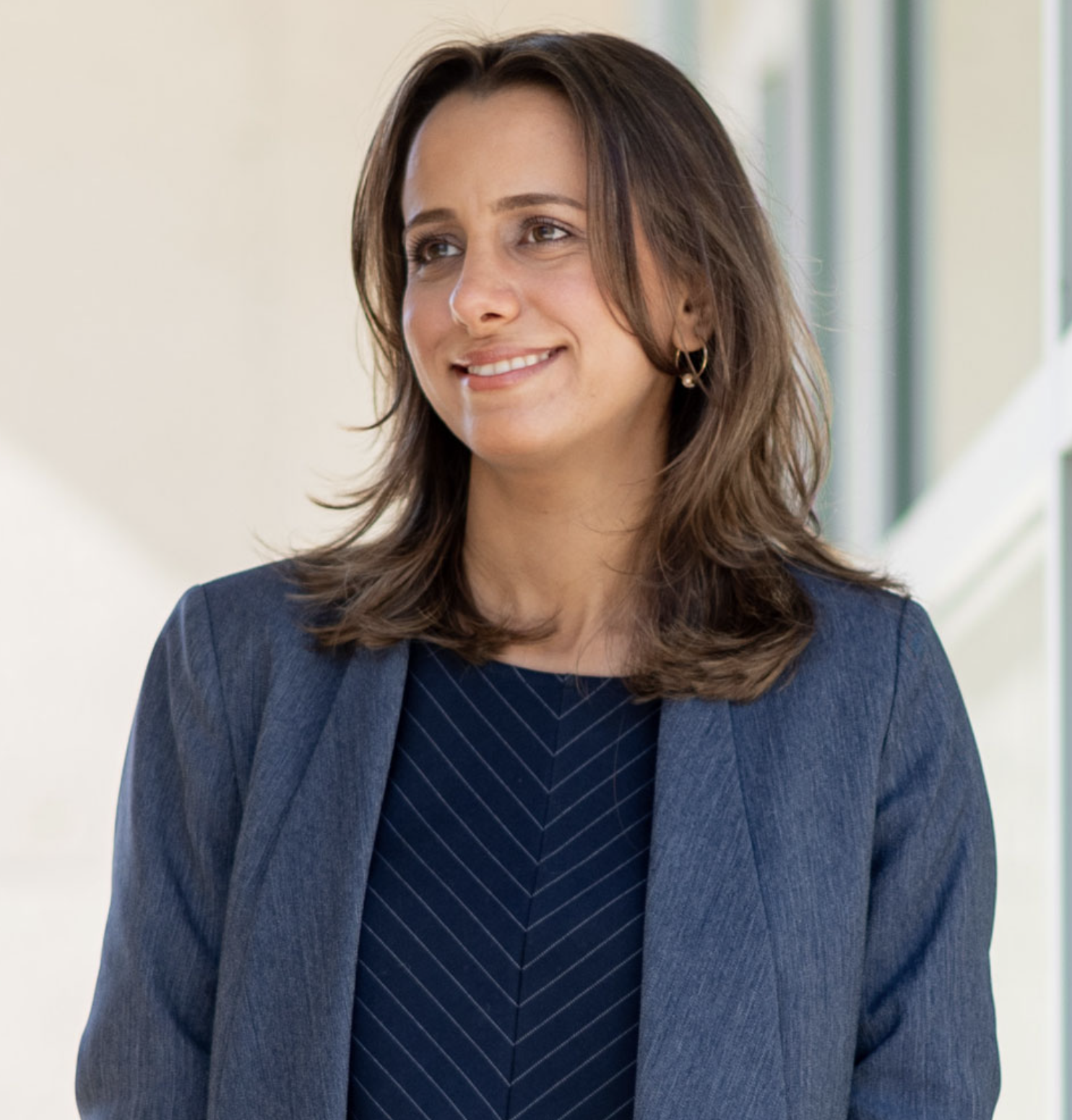Smartwatch-like wearables have enabled seamless tracking of vital signs and physical activities, but still lack a significant feature: they are currently unable to provide any information about brain states or to modulate brain function for optimizing human health and performance. This project aims to make it possible for wearables to feature such capabilities. Being aware of brain states is not only extremely valuable in clinical studies but is also crucial to improving human performance in various everyday life activities. While recording neural signals directly from the scalp region is possible, it is impractical for use in everyday life. In order to fill this gap, the goal of this project is to pioneer a closed-loop brain-aware wearable architecture called MINDWATCH. This enables (1) decoding multidimensional brain states from noninvasive wearable devices and (2) applying corrective control. MINDWATCH will transform healthcare delivery (e.g., aging, autism, dementia) as well as human performance and productivity enhancement (e.g., online learning, smart workplaces). For instance, knowledge of mental health and cognitive engagement can enable detecting if a student is depressed or is not cognitively engaged/learning, which makes it possible to take corrective action early on. The research is integrated with educational and outreach activities with an emphasis on increasing the participation of minorities in science and engineering. These activities include hosting hands-on STEM K12 events, supervising undergraduate research interns and capstone senior design projects, creating educational videos, and interdisciplinary course development.
I am an associate professor of Biomedical Engineering at the New York University (NYU) where I direct the Computational Medicine Laboratory located within the NYU Langone Health's Tech4Health Institute. Prior to joining NYU, I was an assistant professor of Electrical and Computer Engineering at the University of Houston. The goal of my research is to develop algorithms for designing a MINDWATCH, i.e., smartwatches of the future that can monitor brain activity and use simple everyday actuators (e.g., music or light) to improve mental health and performance. I received my bachelor’s degree (summa cum laude) in Electrical Engineering (Honors Program Citation) from the University of Maryland, and S.M. and Ph.D. degrees in Electrical Engineering and Computer Science with a minor in Mathematics from MIT, where I was a member of the MIT Laboratory for Information and Decision Systems as well as the MIT-Harvard Neuroscience Statistics Research Laboratory. I completed my postdoctoral training at the Department of Brain and Cognitive Sciences and the Picower Institute for Learning and Memory at MIT as well as the Department of Anesthesia, Critical Care and Pain Medicine at the Massachusetts General Hospital. I am a senior member of IEEE and recipient of different awards such as an MIT Technology Review 2020 Innovator Under 35 award, a 2020 National Science Foundation CAREER Award, a 2020 Research Excellence award as well as a 2020 Teaching Excellence Award from the University of Houston's Cullen College of Engineering, a 2016 IEEE-USA New Face of Engineering award, a National Science Foundation Graduate Research Fellowship, an MIT Graduate Fellowship, and the University of Maryland's Department of Electrical and Computer Engineering Chair's Award. Moreover, I was selected by the National Academy of Engineering for the 2019 U.S. Frontiers of Engineering Symposium. In 2020, I was featured by the IEEE Women in Engineering Magazine as a “Woman to Watch”. Furthermore, I have been inducted into various honor societies including Phi Kappa Phi, Tau Beta Pi, and Eta Kappa Nu. My research interests include wearable technologies, medical cyber-physical systems, and control, estimation and system identification of biomedical and neural systems.
For more information, please visit my lab’s website: https://wp.nyu.edu/cml/
